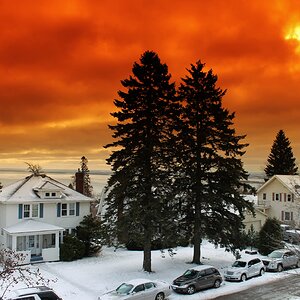John Sampson
TPF Noob!
- Joined
- Oct 17, 2009
- Messages
- 18
- Reaction score
- 0
- Location
- Namibia
- Website
- www.kerahdah.com.na
- Can others edit my Photos
- Photos NOT OK to edit
It is my feeling and observation that Photoshop is becoming a kind of de facto photo medium in its own right. It has become the easy excuse for anyone with a camera and a computer to produce what they hope others will recognize and define as photography. In fact, all it is, is a tool being well utilized.
Can these same people produce an equally good picture without Photoshop, or is it a crutch that they cannot do without. Take away the crutch and see what you have left!
I would love to hear the opinions of others. The sheer volume of photoshopped images is beginning to render photography as a mere adjunct to Photoshop, and yet there is a large percentage who think that it is the way to go. That direction will win out in the end, but the integrity of the so-called photoghrapher will not stand up to any muster or scrutiny. Put me to the test.
Who is the photographer and who the Photoshopper?
Can these same people produce an equally good picture without Photoshop, or is it a crutch that they cannot do without. Take away the crutch and see what you have left!
I would love to hear the opinions of others. The sheer volume of photoshopped images is beginning to render photography as a mere adjunct to Photoshop, and yet there is a large percentage who think that it is the way to go. That direction will win out in the end, but the integrity of the so-called photoghrapher will not stand up to any muster or scrutiny. Put me to the test.
Who is the photographer and who the Photoshopper?



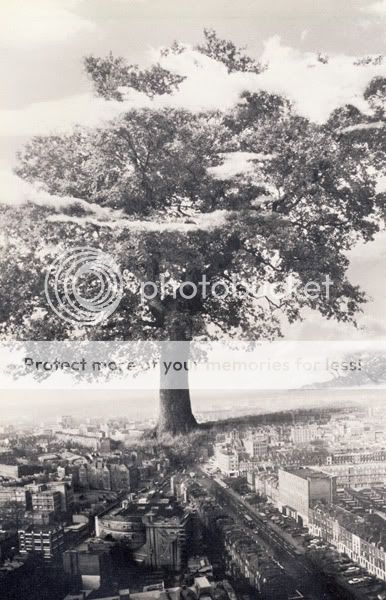
![[No title]](/data/xfmg/thumbnail/38/38261-db20f6f92ee8f0d4c5cf1536e308638b.jpg?1619738546)
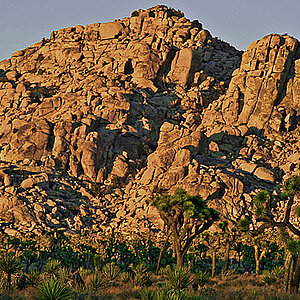
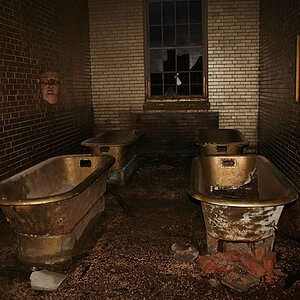

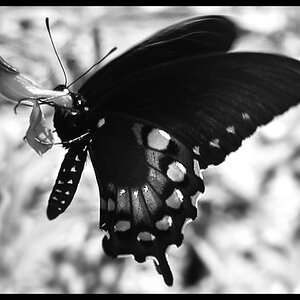
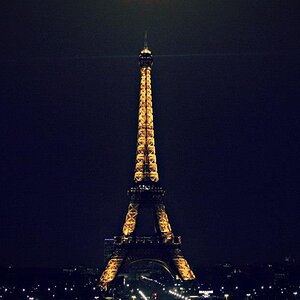
![[No title]](/data/xfmg/thumbnail/32/32929-22e23acc63d6ecb25e5ee941be87121f.jpg?1619735758)
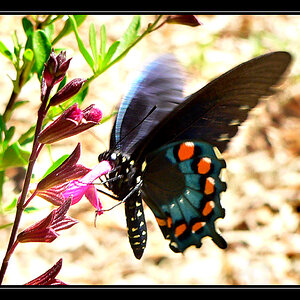
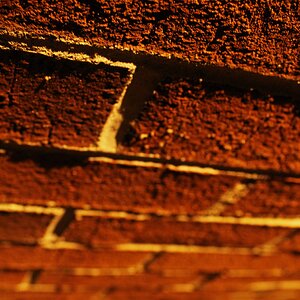
![[No title]](/data/xfmg/thumbnail/38/38264-552eb428d8a704186dcc43400f417d0f.jpg?1619738548)
